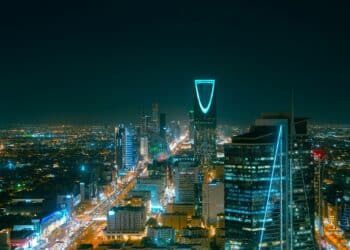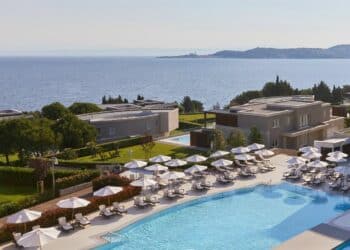Hotels that are developed with and based around shopping malls can expect to post an ADR that is 25% higher than properties that are not co-located with a major retail development.

That’s according to a report that has been commissioned by Colliers International ahead of this year’s Arabian Travel Market (ATM).
Simon Press, senior exhibition director, Arabian Travel Market, said: “In the UAE, the idea of a combined retail, leisure and entertainment destination has really taken off. We have hotels attached to malls and, as such, these are much sought after properties. There is massive demand for urban tourism from Indian, Arab and Chinese visitors.
“Since the opening of Mall of the Emirates in 2006, the number of hotels and serviced apartments in the area has risen from four to 58 in 2017, totalling 8,654 keys. While only two of these hotels are physically part of the mall building, the remaining 56 have also demonstrated strength across all performance metrics.”
RELATED: What to expect at ATM 2017
As part of its experiential travel series, Colliers concluded that hotels such as those clustered around Dubai’s Mall of The Emirates and The Dubai Mall, enjoy stronger business performance overall – not only beating seasonal fluctuations in tourist arrivals, but contributing in the drive to attract more tourists over the traditionally quiet summer season.
For retail tourists, shopping malls and the facilities they feature – from indoor ski slopes to aquariums – form an integral part of trips to the UAE. Hotels capitalise on this by offering promotional packages and free transportation, as well as cross marketing discounts and free vouchers with retail partners.
While Dubai and Abu Dhabi have more than 626,887 sq m of retail space currently under development, other major GCC cities are also looking to replicate the success with Muscat, Riyadh and Doha all currently engaged in similar retail projects.
ATM is taking place from 24-27 April at Dubai World Trade Centre.


































































